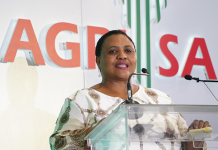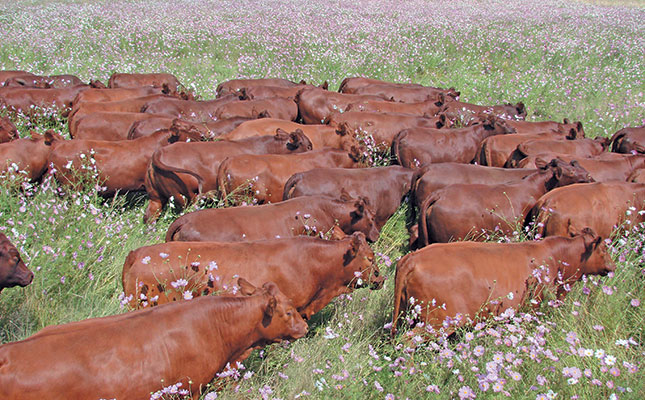While relaxing on holiday recently, I found myself watching television in the morning. A good deal of advertising is screened at this time, much of it infomercials.As annoying as some of these can be, I found myself learning about the improved services that companies offer these days. Commercials for insurance and funeral policies in particular caught my eye. I realised what a good understanding they had of their target market, which enabled them to speak directly to their audience.
And the commercials showed how far the companies were willing to go to satisfy their clients’ needs. In one of the advertisements for funeral cover, the company was offering the kinds of extra services not even considered by undertakers in the past. Obviously, research has taught it that these extras add value for clients, and offering them would give the company a competitive advantage.
In the past, a funeral cover was just that. If someone died, the company paid out, and that was it. This company was offering its customers extras such as a hired bakkie to organise funeral logistics, airtime to organise the ceremony, and buses to transport funeral-goers. Another service that I saw was a call-back option. We all know how irritating it can be to wait for ages in a queue for a consultant to answer our call. Some companies now allow you the option of sending the consultant a ‘please call me’ message and they’ll get in touch with you. This is especially helpful if you’re making an expensive cellphone call.
No website
All of this came to mind recently when I tried to speak to the newly appointed CEO of the Eastern Cape Rural Development Agency (ECRDA), Thozi Gwanya. At first, I tried to find the agency’s website on the internet. To my disbelief, I found that the ECRDA does not even have one! Which operational company in this day and age doesn’t have a website?
Because there wasn’t a website, I was forced to make several calls to track down their telephone number. I finally got through to the receptionist and asked if I could speak to Mr Thozi Gwanya. She didn’t know who he was and suggested I try the department of agriculture in the Eastern Cape instead. OK, I have to admit that Gwanya had only been there for a week or so. But if I knew about his appointment from Gauteng, surely their receptionist should have known who he was.
I must have spent half-an-hour on this fruitless mission before eventually giving up and going through different channels to find the man. How does this agency expect people to get in touch with it if it operates under a rock somewhere in the hills of the Eastern Cape? When will government entities start applying the same approach used by the private sector? When will they start bringing services to the people?
Everyone is aware of the economic conditions endured by most rural people in the Eastern Cape. Government fat cats need to get out there and find ways to ensure that services are easily and affordably made available to the people they serve.












